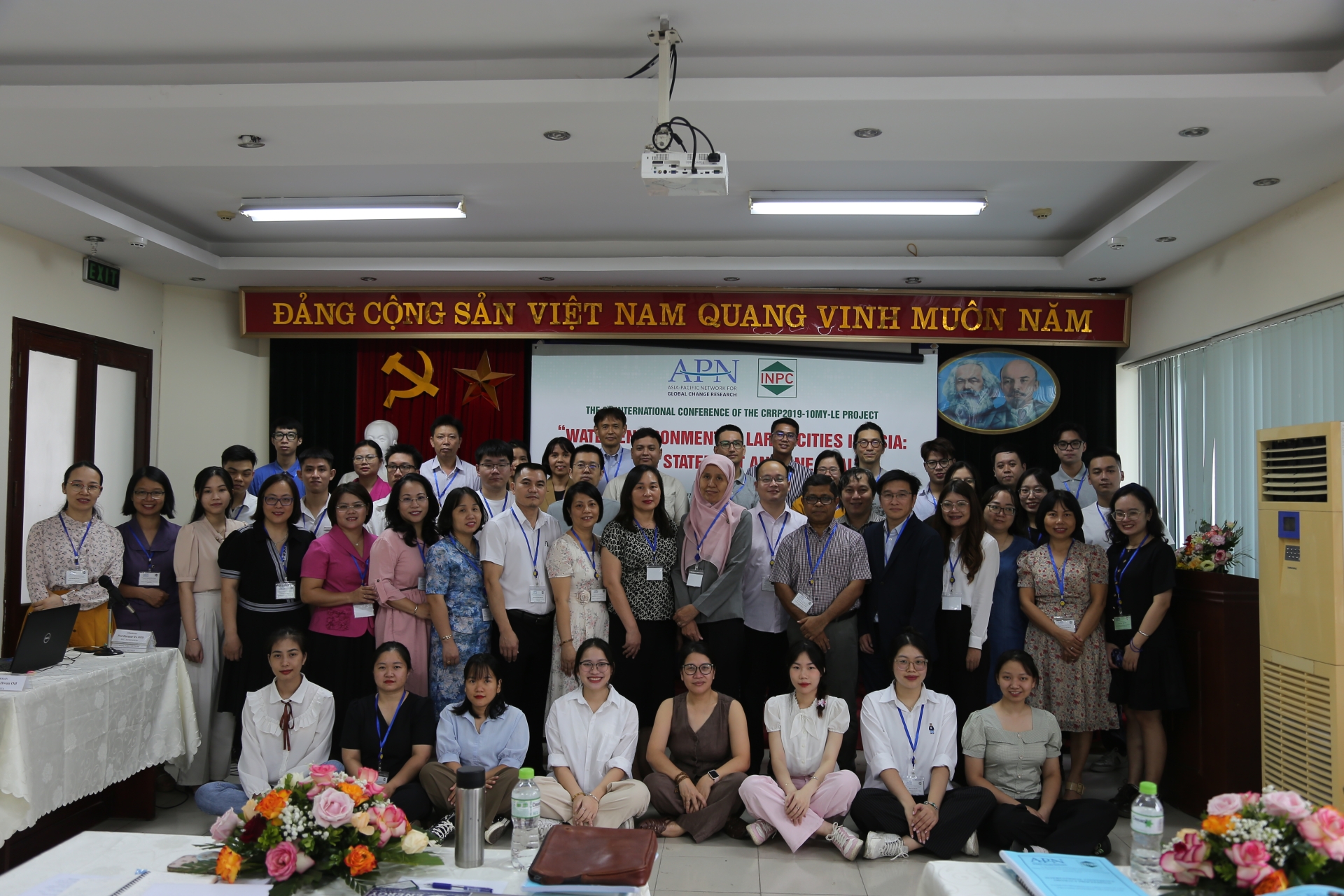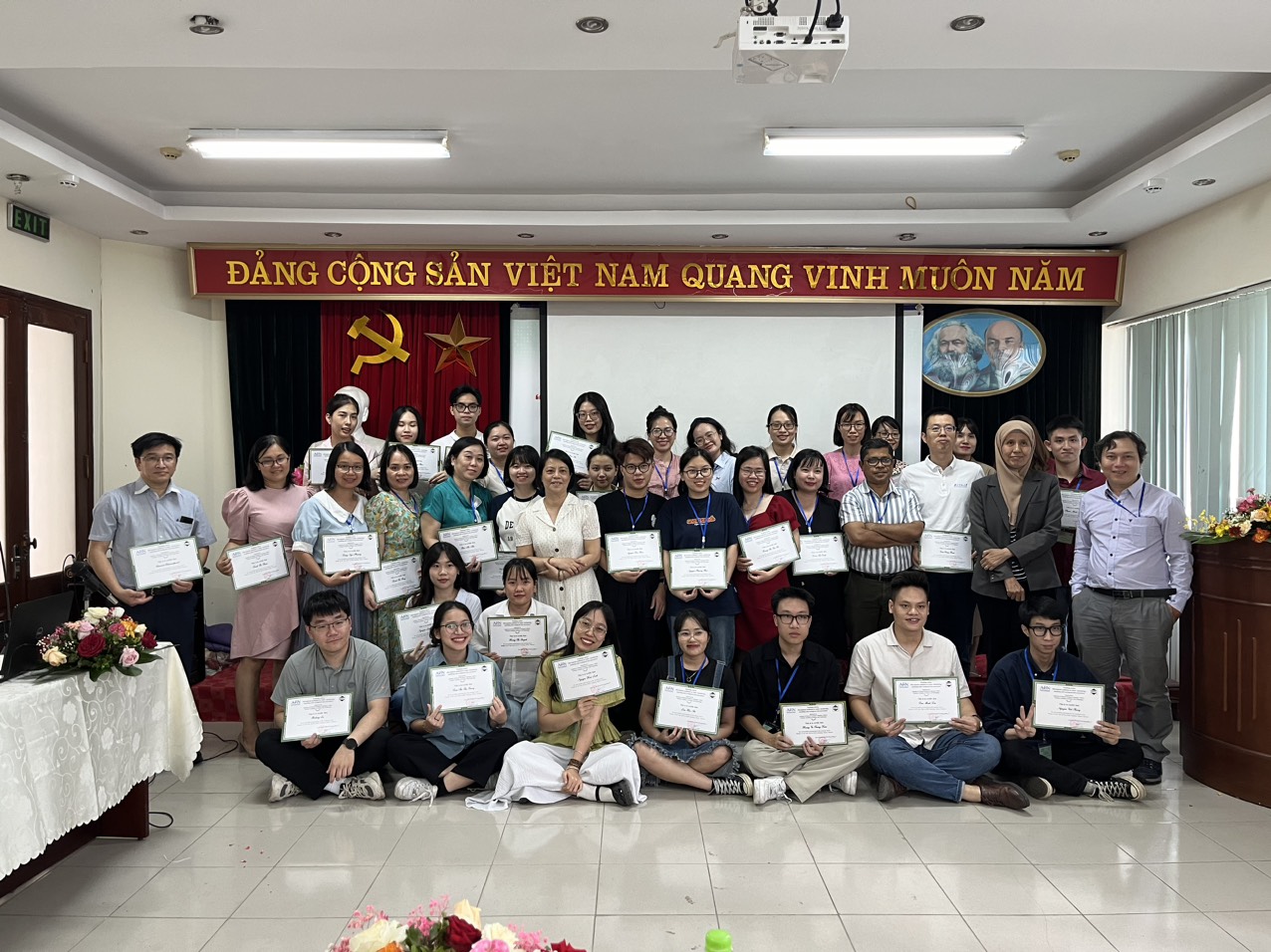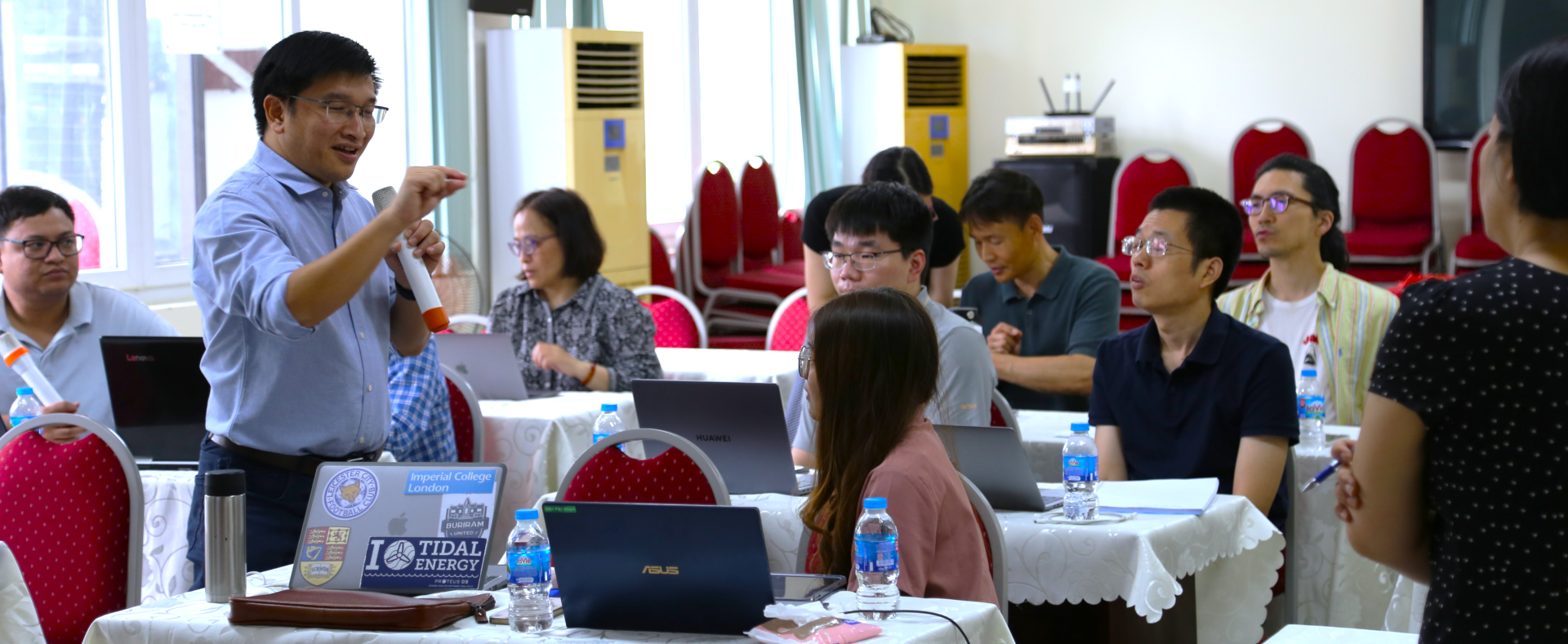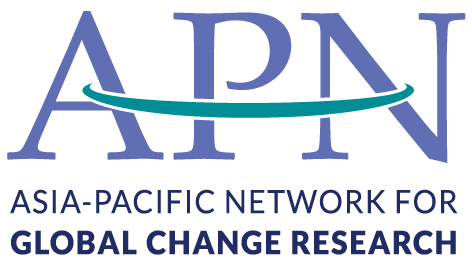Main activities in the present project - DEPSCA (CRRP2019-10MY-LE)
1) Provide baseline data
A dataset of emerging pollutants (EP) (including persistent organic pollutants (POPs), antibiotics, micro/macroplastics, antibiotics and cyanotoxins) in surface water in 7 large cities (Hanoi, Ho Chi Minh, Beijing, Bangkok, Singapore, Phnom Penh, and Seoul) in East and Southeast Asia: Present situtation of water pollution; variables controlling pollutants and risk of EPs for human health and for eco-environment.
The dataset of surface water quality, especially regarding EP variables in 7 large cities has been collected at first by literature collection and then field sampling and laboratory analysis. The baseline data and scientific basis for good governance and decision-making for the improvement of the regional scale management of water resources.
![]()
2) Publication of peer-reviewed papers and attendance at conferences/workshops
The project collaborators have participated in different work and achieved some significant results, especially for publication.
During the project running, all participants have actively participated in different work and achieved some significant results, especially for publication. There are 13 papers published in the peer-reviewed journals range A, notably some highly qualified journals (Q1 by SCImago such as Science of the Total Environment; Environmental Research, …); 01 paper in international journal; 08 papers in the national journals and 14 oral presentations in international and national conferences
![]()
3) Website construction and uploaded
A project website (http://depscaproject.com) has been constructed and upload for water environment and emerging pollutants in aquatic system of in 7 large cities in East and Southeast Asia. All major collaborations of the present project have tried to update all possible information and data relating to water environment and water quality of these 7 cities of the present project. This website provides to the public some selected dataset of water quality (present situation and their probable toxicity), especially emerging pollutants in surface water in East and Southeast Asia.

4) Events:
- one online-meeting of all project collaborators was organized in September 2022;
- two physical international conferences were organized in Hanoi, Vietnam:
+) The first conference titled “Surface water quality in Asian large cities: monitoring and management” was organized from 12th -14th January 2023 at INPC, VAST.
+) The second conference titled “Water environment in large cities in Asia: pollution statement and one health” was organized from 17th -20th July 2024 at INPC, VAST.

5) Training young scientists
+ a training course titled “Microplastic pollution in water: monitoring, modeling and ecological risk assessment” was organized at INPC in July 2024. 44 young scientists and young lecturers and also graduate students participated to this training.
+ mentoring of Masters and PhD students: The present ARCP project has supported young scientists and graduate/undergraduate students who work on the topic of surface water quality observation. In the framework of the project, 02 PhD students, 09 Master students and 12 undergraduate students from different Universities such as the Hanoi University of Industry, VNU University of Science, Hanoi National University of Education, Vietnam National University of Agriculture, and Graduate University of Science and Technology (GUST), have worked on the topic of urban river quality observation.

6) Enhancing the communication and collaboration, and the scientific capacity of the scientists of different countries in East and Southeast Asia on the study of emerging pollutants.
The project has helped to enhance scientific communication and collaboration between different countries in Asia (Vietnam, Singapore, China, Korea, Thailand, Cambodia ...) and Europe (e.g. France), especially on the field study of emerging pollutants in water environment.
Besides, we have established close links with other projects and networks. The present project allows new cooperation with international/national projects such as the GUST (funded by GUST-Vietnam), the VAST (funded by VAST-Vietnam), the NAFOSTED (funded by the MOST-Vietnam) …, providing the chance for enlarging a scientific exchange network.



